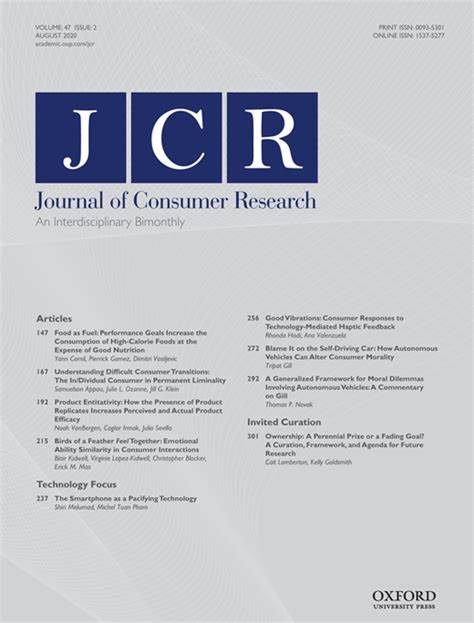当联系变成愤怒:消费者品牌关系和危机型如何在社交媒体上缓和语言
IF 6.4
1区 管理学
Q1 BUSINESS
引用次数: 1
摘要
社交媒体为品牌提供了衡量消费者对营销和品牌危机的反应的能力。虽然社交媒体关注的是整体模式,但消费者对特定品牌面临的危机的反应却各不相同。通过消费者在品牌Facebook页面上的帖子,我们分析了39个品牌的消费者行为,这些品牌涉及77个品牌危机,我们发现消费者之前与品牌的在线互动以及品牌危机的性质调节了他们在帖子中使用的语言。具体来说,这些因素会影响消费者表达愤怒的程度和他们对语言的熟悉程度。与与品牌有过互动的消费者相比,之前没有接触过品牌的消费者在与价值观相关的危机后会使用更熟悉的语言和自我参照,但这些人在与业绩相关的危机后会表达更多的愤怒。相比之下,之前与该品牌有过互动的消费者在与价值观相关的危机之后表达了更多的愤怒。我们讨论了我们的发现对品牌经理使用社交媒体帖子作为监测消费者认知的手段的影响。本文章由计算机程序翻译,如有差异,请以英文原文为准。
When Connection Turns to Anger: How Consumer-Brand Relationship and Crisis Type Moderate Language on Social Media
Social media offers brands the ability to gauge consumer reactions to marketing and brand crises. While social media listening has focused on aggregate patterns, consumers differ in how they react to a crisis faced by a particular brand. Analyzing consumer behavior for 39 brands pertaining to 77 brand crises through the lens of consumer posts on brands’ Facebook pages, we find that consumers’ prior online interactions with the brand and the nature of the brand crisis moderates the language they employ in their posts. Specifically, these factors affect the extent to which consumers express anger and the familiarity of their language. While consumers who have not engaged with the brand previously employ more familiar language and self-referencing following values-related crises compared to consumers who have interacted with the brand, these individuals express more anger after performance-related crises. In contrast, consumers who have previously interacted with the brand express more anger in the wake of values-related crises. We discuss the implications of our findings for brand managers using social media posts as a means of monitoring consumer perceptions.
求助全文
通过发布文献求助,成功后即可免费获取论文全文。
去求助
来源期刊

Journal of Consumer Research
BUSINESS-
CiteScore
12.00
自引率
9.70%
发文量
53
期刊介绍:
Journal of Consumer Research, established in 1974, is a reputable journal that publishes high-quality empirical, theoretical, and methodological papers on a wide range of consumer research topics. The primary objective of JCR is to contribute to the advancement of understanding consumer behavior and the practice of consumer research.
To be considered for publication in JCR, a paper must make a significant contribution to the existing body of knowledge in consumer research. It should aim to build upon, deepen, or challenge previous studies in the field of consumption, while providing both conceptual and empirical evidence to support its findings.
JCR prioritizes multidisciplinary perspectives, encouraging contributions from various disciplines, methodological approaches, theoretical frameworks, and substantive problem areas. The journal aims to cater to a diverse readership base by welcoming articles derived from different orientations and paradigms.
Overall, JCR is a valuable platform for scholars and researchers to share their work and contribute to the advancement of consumer research.
 求助内容:
求助内容: 应助结果提醒方式:
应助结果提醒方式:


